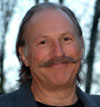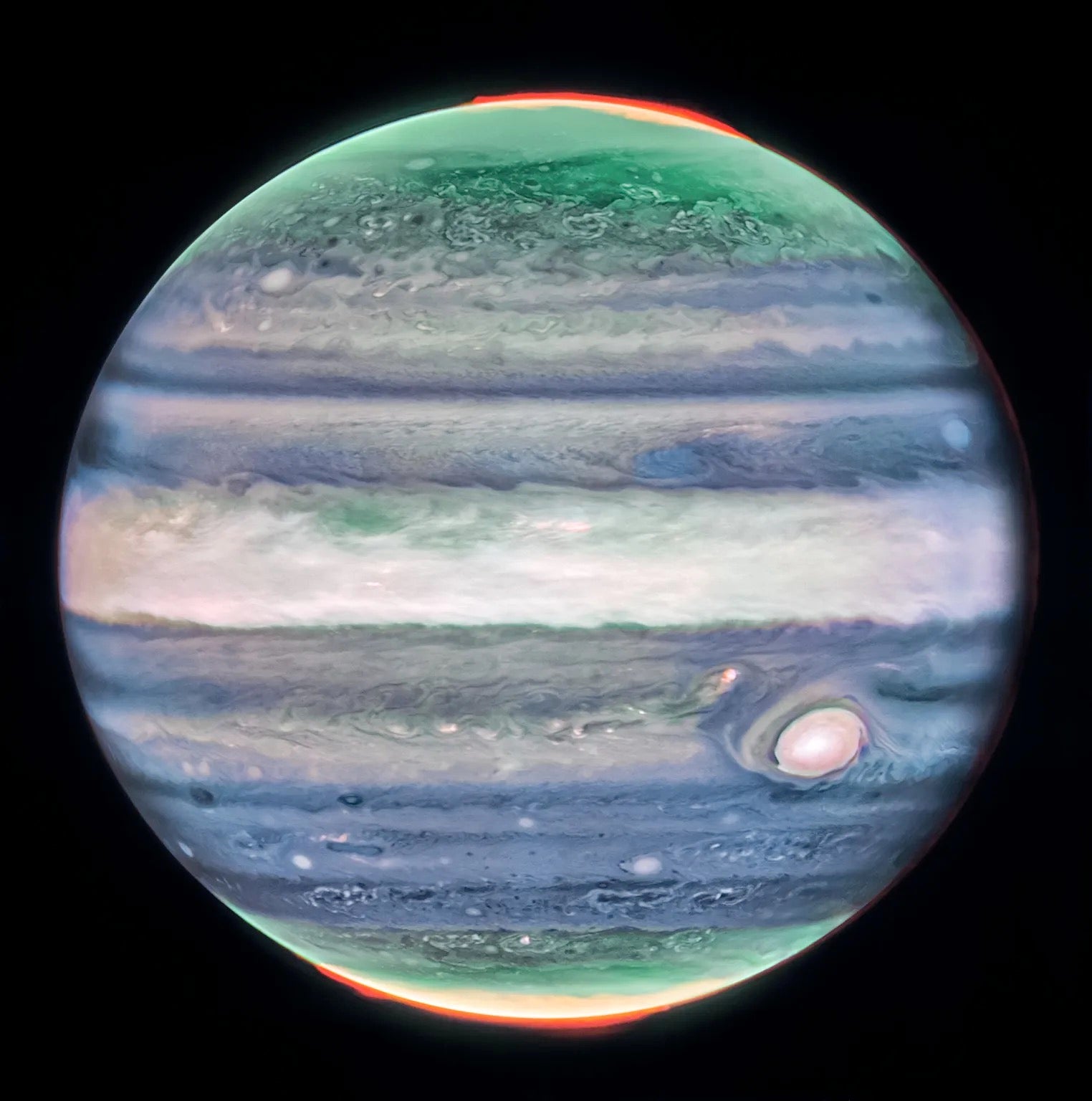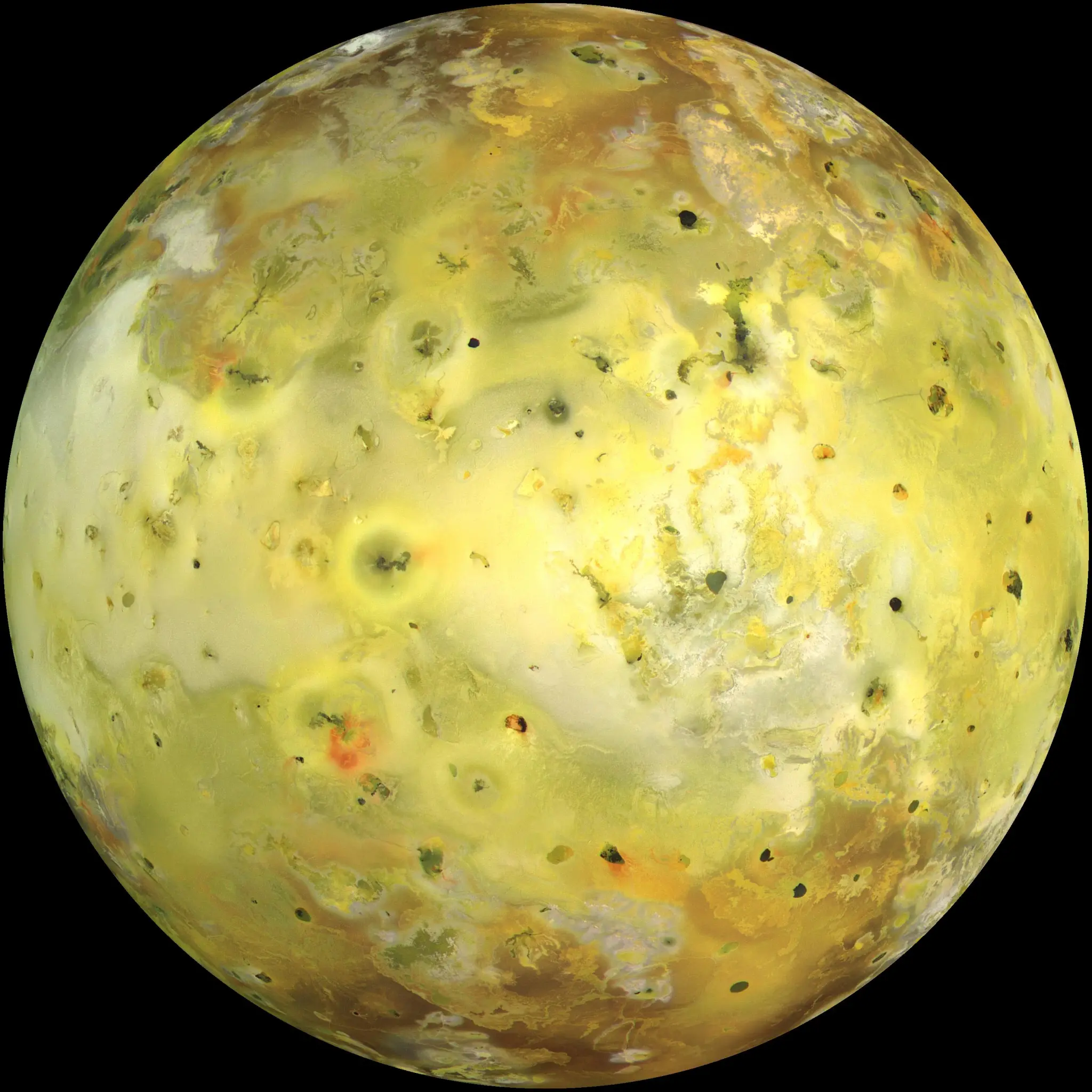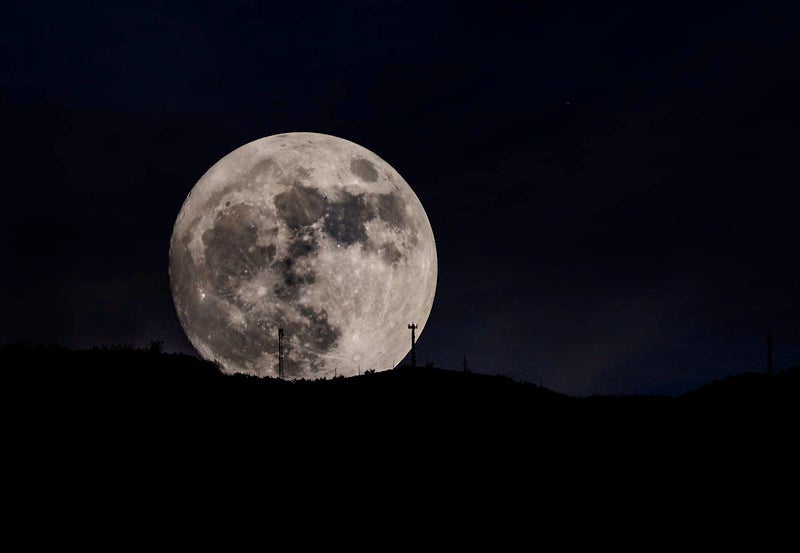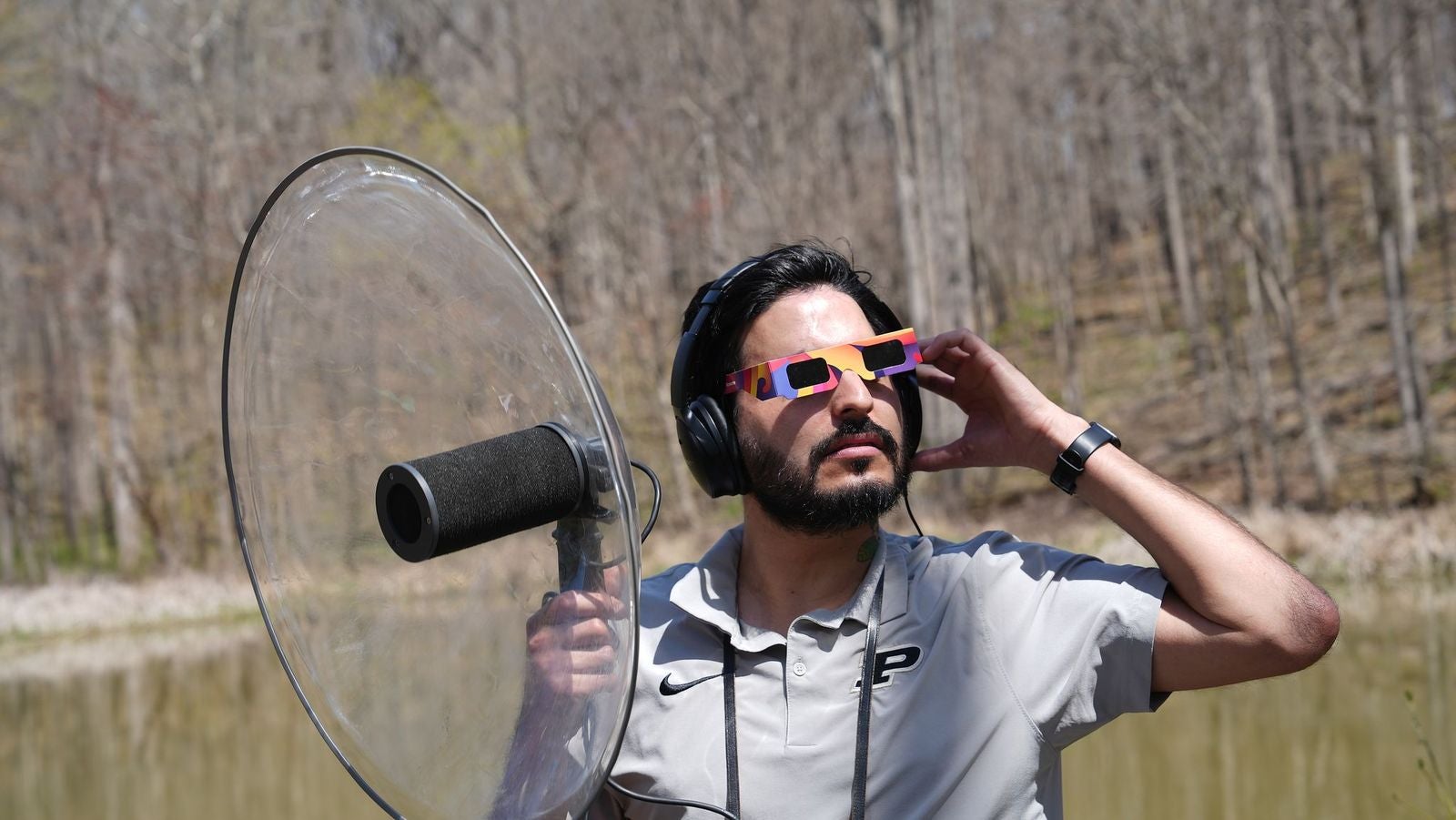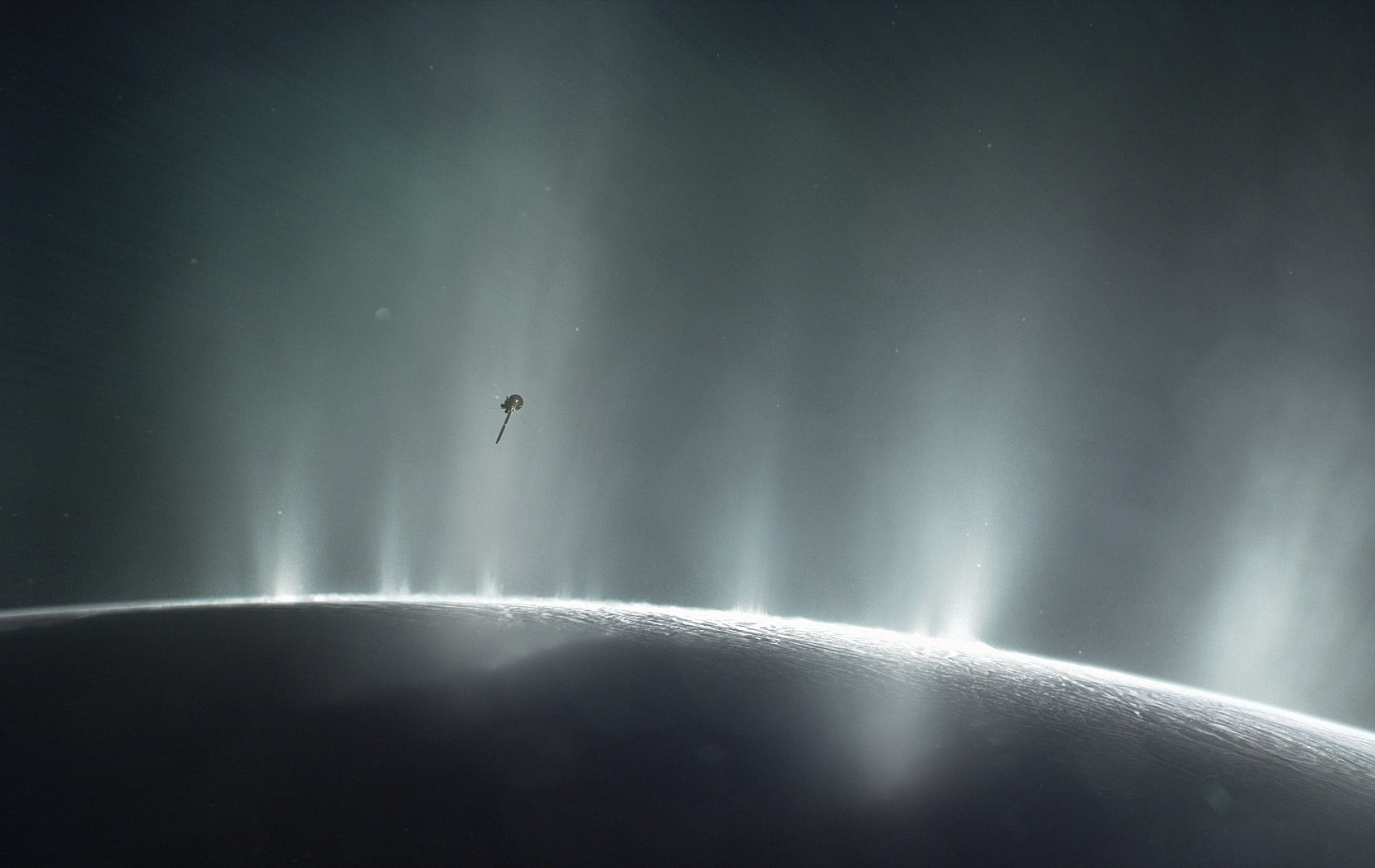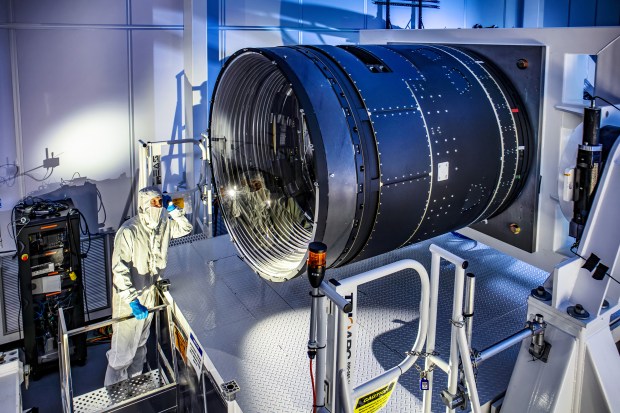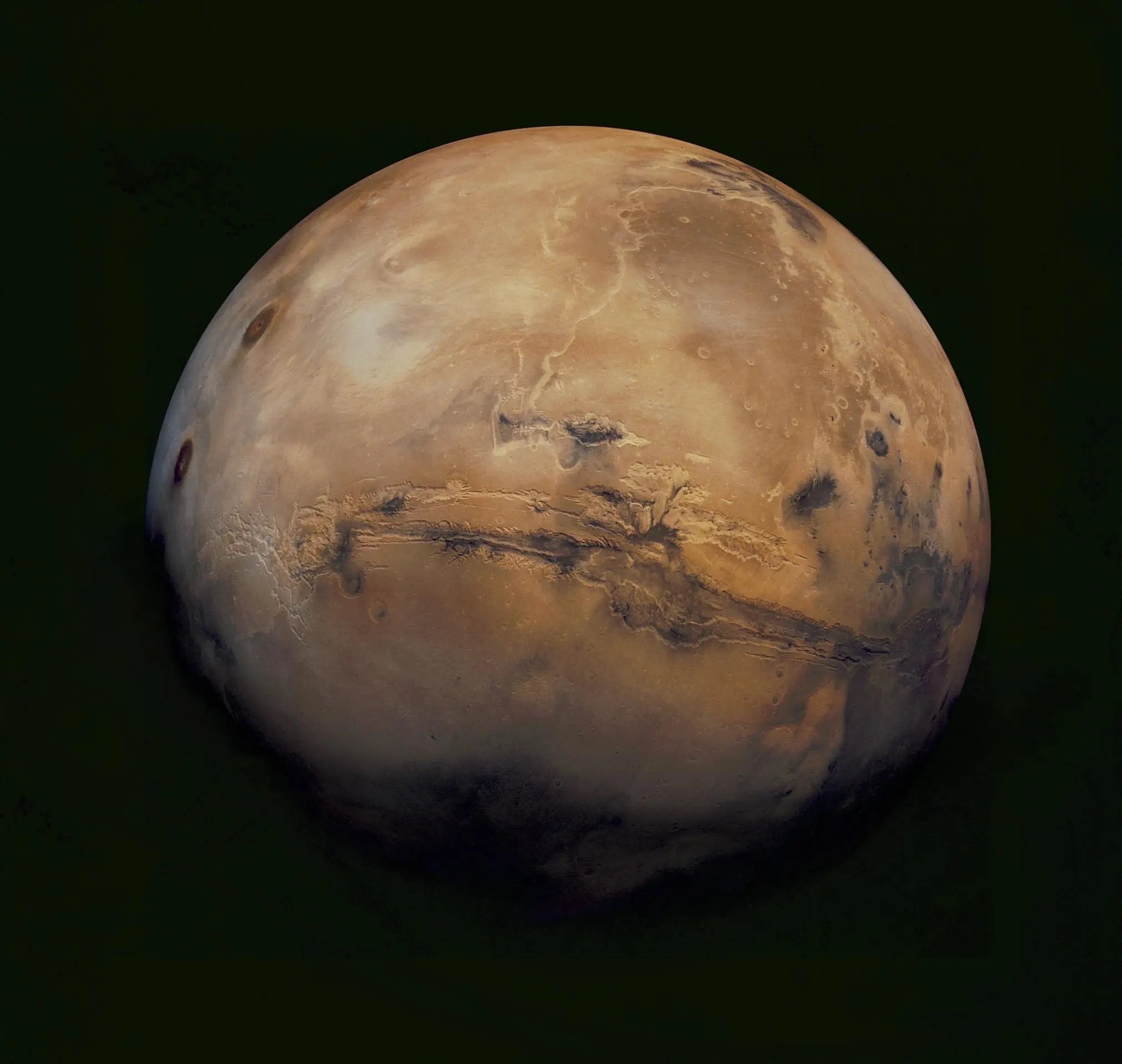Surprise can be a tricky subject. A case in point is this headline in the April 4, 1979 Atlanta Journal: “Sneak Attack by Soviets Not Foreseen.”
Former Scientific American columnist Martin Gardner tells a wonderful childhood story about how his older brother, like most siblings, would harass him. On April Fool’s Day his brother said he would fool Martin like he’d never been fooled before. All night, Martin could barely sleep, waiting for the prank, but in the morning Martin’s brother announced he had fooled him simply by doing nothing.
Gardner recalls being tormented by this. He had expected to be fooled, had not been fooled, and therefore had been fooled. On the other hand, because he was thus fooled and had gotten what he expected, in what sense had he really been fooled?
Truly amazing astronomy announcements fool even the experts. They’re discoveries no one expected. Would finding microscopic life beneath the martian surface be a bombshell surprise? Not really. Finding that the Sun is actually hollow and filled with steamed broccoli — that would be a surprise.
We can’t say a round Earth realization and the Sun-as-center-of-the-solar-system (heliocentric) revelation were true surprises because some people had long suspected these things. The first real bombshells came through Galileo’s telescope in the 17th century: Nobody had dreamed that unattached rings could surround a planet! An even bigger shock occurred in 1781 with William Herschel’s Uranus discovery.
It seems strange to us now that a green hydrogen ball with all the intrigue of a chili dog should have astonished the world, but it did. That’s because there always had been five planets in the sky. It was the way things were, period. Nobody imagined for a moment that there might be more planets, invisible ones.
Next true surprise? Well, germs, but we’re talking astronomy here, so we’d have to go to Einstein’s revelations that space bends and time isn’t constant. In 1924, Edwin Hubble found that all those pinwheel nebulae lie outside the Milky Way. Suddenly, the universe was a thousand times bigger. It had been suspected, but still, a universe that extends for billions of light-years? Aren’t we still trying to get a handle on that one?
In 1933, Fritz Zwicky found there’s far more dark matter than visible stuff. Most of the universe is made of strange material that cannot be seen. Whoa!
How about the discovery of neutron stars in the 1960s? The public never had conceived of matter packed so tightly. All the steel contained in a giant cruise ship squashed down to the size of an apple seed. That’s the actual density of the Crab pulsar, emerging from behind the Sun this month: a perfect sphere of indestructible material 12 miles across. And it still astounds: Neutrons and protons have that same density. Imagine, the identical packing job lurks in every atom in your body. It’s right here, not just far away. A century ago, nobody expected such a thing.
The big surprise of the 1980s was that the universe isn’t a random sprinkling of galaxy clusters; instead they form filaments among giant voids. No theorist had foreseen that on the largest scales the cosmos would be structured like a sponge.
Just a few years ago came the big head-spinner that the universe’s expansion is speeding up. It caught everyone off guard. A universe slowing down was gospel. Speeding up, blowing itself apart at an ever-faster clip? If true — and it appears so — then the universe must be dominated by some kind of anti-gravity force. We call it “dark energy” and we still have no idea what the heck it is.
See the pattern? A true surprise has to change a basic established belief, or alter our view of the universe. At the least, the discovery must be a new phenomenon coming out of left field. In the past century these have happened about once a decade, so the next probably will arrive soon.
We’ll be surprised if it doesn’t.

